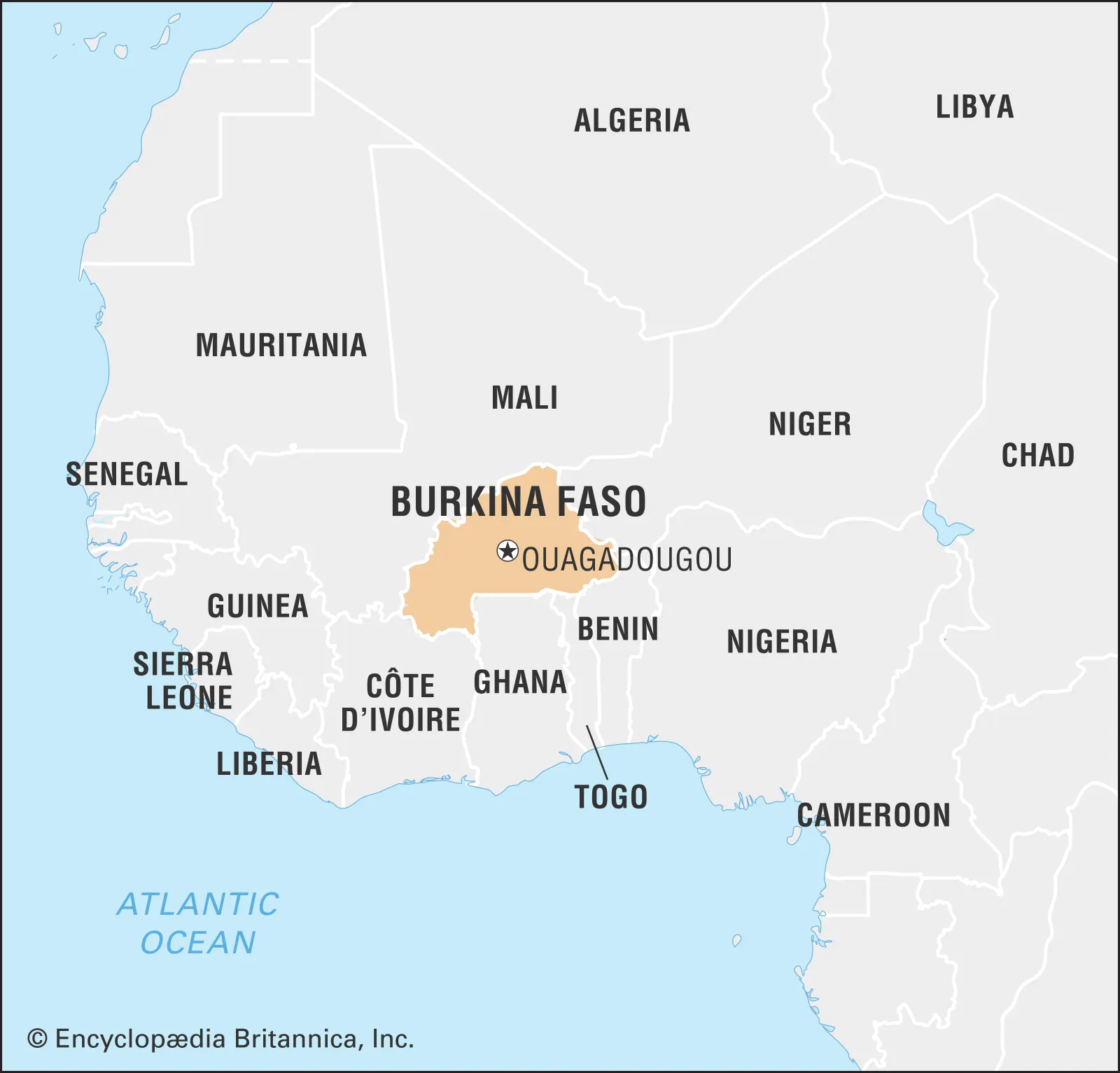Free Courses Sale ends Soon, Get It Now


Free Courses Sale ends Soon, Get It Now



Disclaimer: Copyright infringement not intended.
Context
Details
Geography and Demographics
Historical Significance
Culture and Society
Economy
Challenges
Conclusion
Burkina Faso, with its cultural richness and natural beauty, is a nation striving for progress and stability. While it faces a range of challenges, its people and leaders continue to work towards a brighter future, guided by their cultural heritage and the legacy of leaders like Thomas Sankara.
|
PRACTICE QUESTION Q. Burkina Faso is a landlocked country in West Africa. Which countries border Burkina Faso? a. Mali, Niger, Benin, Togo, and Ghana b. Algeria, Libya, Chad, Sudan, and Nigeria c. Senegal, Guinea, Cote d'Ivoire, Liberia, and Sierra Leone d. Morocco, Western Sahara, Mauritania, Mali, and Algeria Answer: a |
© 2024 iasgyan. All right reserved